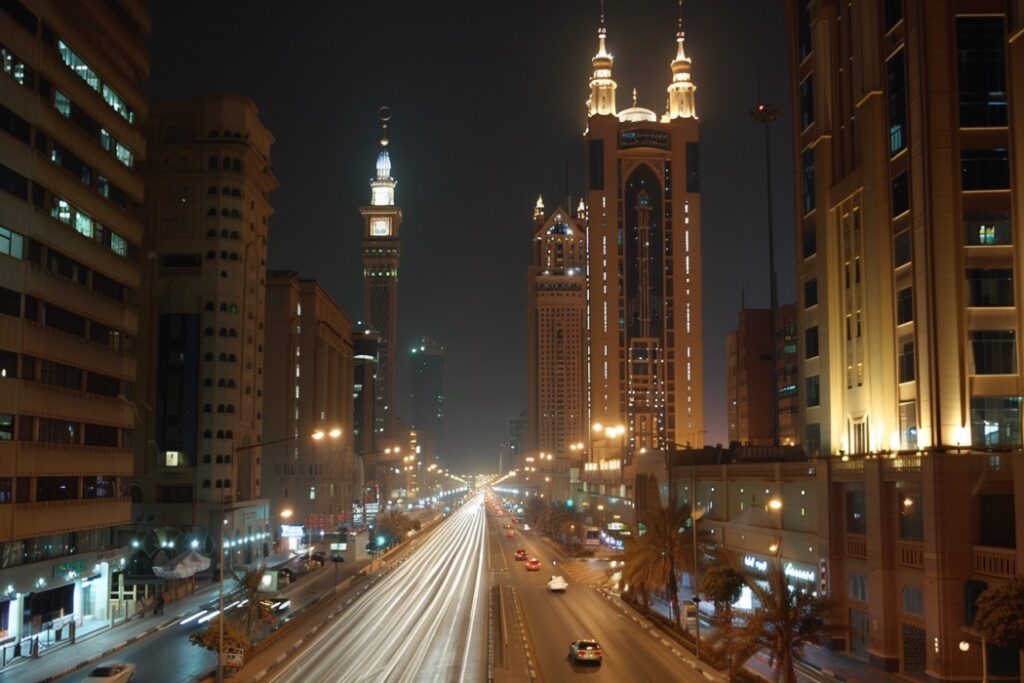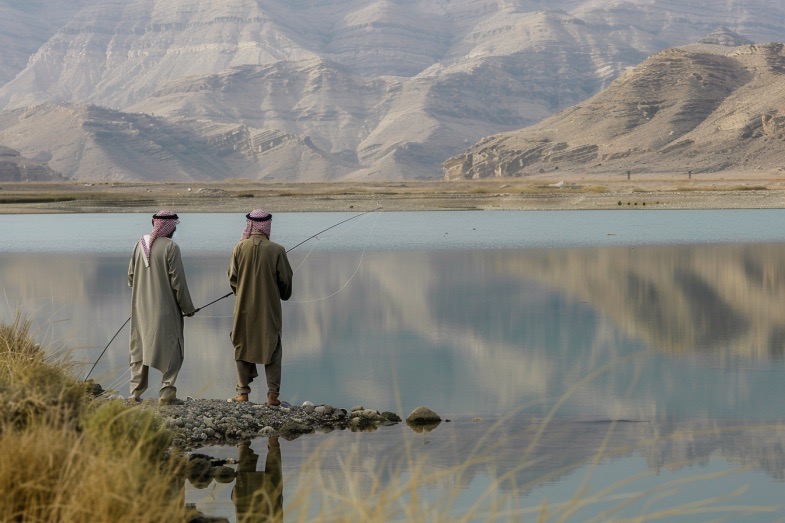Croatia’s ruling conservatives forge coalition with far-right nationalist party
In a bold move signaling a sharp turn towards the right, Croatia’s ruling conservatives have formed a coalition with a far-right nationalist party as the European elections loom closer.
The Croatian Democratic Union (HDZ), in power since 2016, sealed a deal with the far-right Homeland Movement after facing political uncertainty following an inconclusive parliamentary vote.
Despite being the most popular party, the HDZ lacked a clear majority to govern alone.
Officials from the ruling party are confident that the new government, led by Prime Minister Andrej Plenković for a third term, could receive parliamentary approval as early as next week.
The Homeland Movement (Domovinski Pokret, or DP) is a newcomer to Croatian politics, consisting mainly of radical nationalists and social conservatives who had previously broken away from the center-right HDZ.
Under the leadership of the mayor of Vukovar, a town heavily affected during Croatia’s 1991 war for independence from Yugoslavia, the party takes a hard stance on divisive issues like abortion rights and same-sex unions.
Notably, Croatia’s new government excludes representation from a party advocating for minority Serbs, as the DP objected to their involvement, raising concerns about a potential rise in ethnic tensions in the Balkan nation.
Throughout Croatia’s independence, the HDZ has been the dominant political force, often riding on the legacy of its wartime leader and the country’s first president, Franjo Tuđman.
In recent years, the HDZ’s governance has been tainted by numerous allegations of corruption and mismanagement.
Plenković is also a candidate in the upcoming European elections, leading his party’s list for the European Parliament and fueling speculation about his potential return to Brussels, where he previously served as an MEP from 2013 to 2016.
The nation became an EU member in 2013, entering Europe’s passport-free travel zone and adopting the euro currency last year. — Euronews



